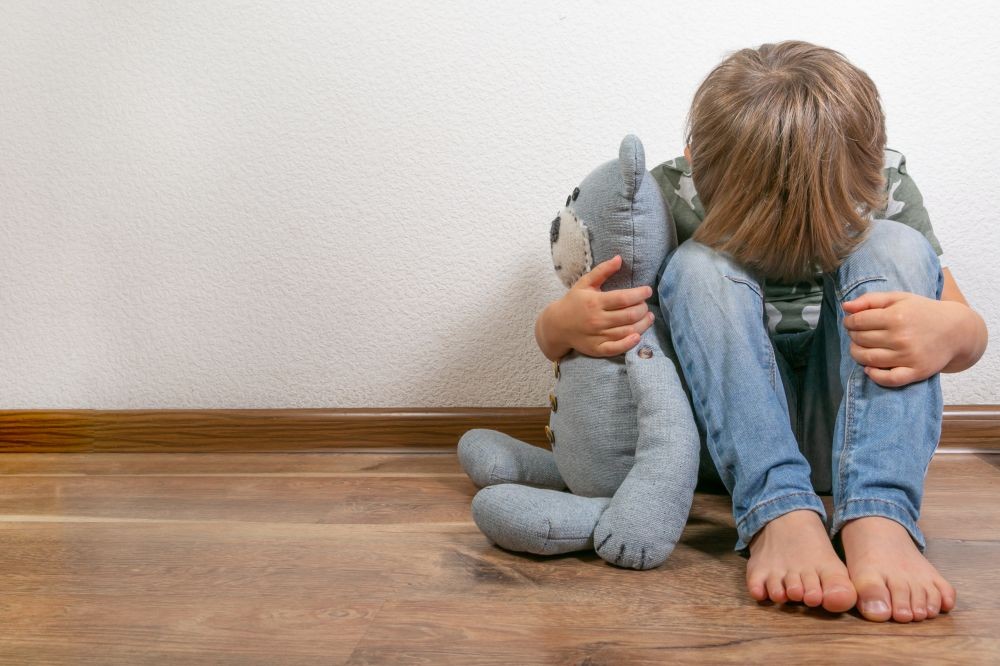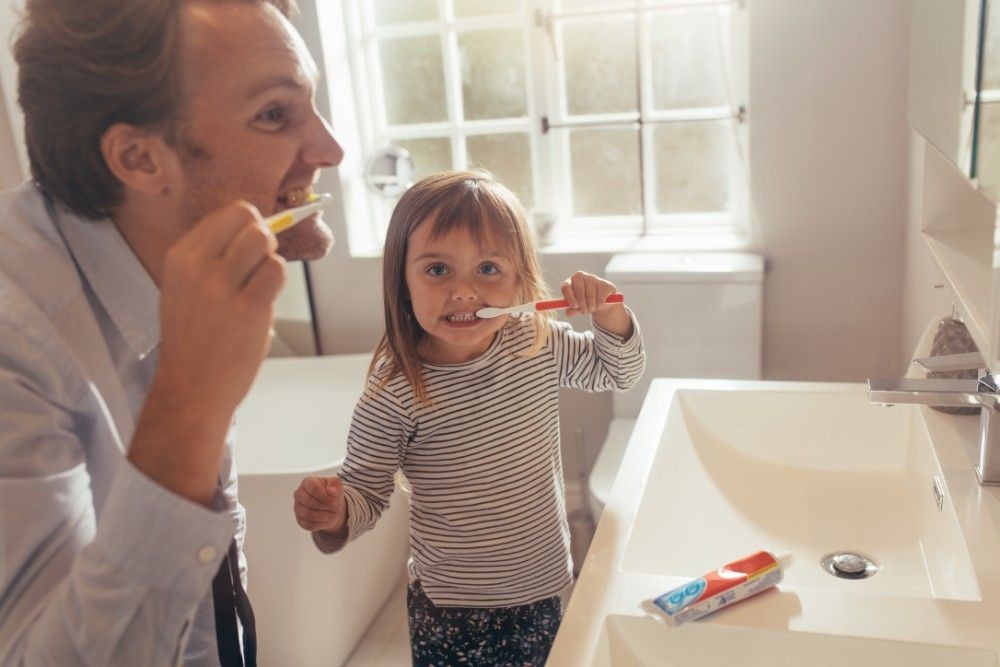Replacement Behaviors – Parenting Connection
As a general Montessori rule, we avoid use of the word “no” when disciplining children. We save the word “no” for very serious situations, when children are in danger. Otherwise, language is based on the replacement behavior (that which we want to see in place of the one that is undesirable). For example, “our mouths are used for eating food” if a child bites, “why don’t you tell your peers the rules of the game so everyone understands how to play” when there is a conflict on the playground, etc. We believe that knowledge is power and when we give clear examples and explanations, children are empowered to make recurring good choices.

